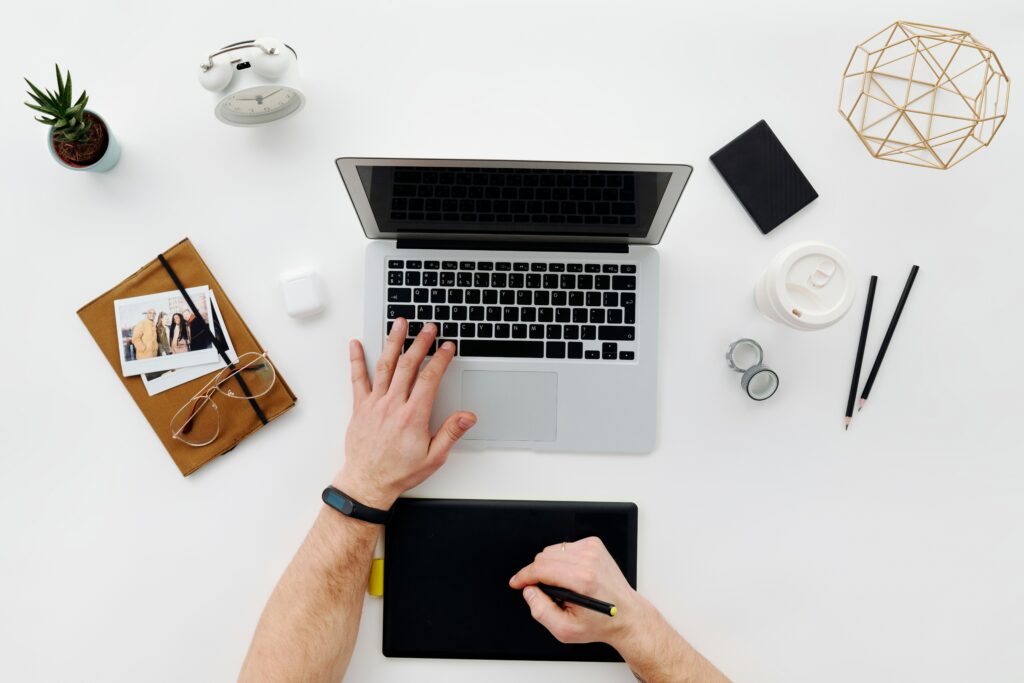Multitasking is the art of working on more than one thing simultaneously and is quite popular these days. Given all the responsibilities we get involved with, it’s hard to avoid getting involved with more than one task at a time. But it is possible that you are not gaining anything substantial by multitasking your way through your daily life. It is not nearly as effective as we like to believe. Multitasking is a myth and can even be hazardous to our health. This article discusses why multitasking isn’t as effective as we think it is.
The human brain is just not equipped for multitasking
It can only focus on one thing at a time. Research shows that our short-term memories can only store between five and nine things at once. If you are trying to undertake two unrelated tasks, each one requires some level of concentration. It doesn’t expand the brain’s capacity and reduces the attention we give to each thing. As a result, multitasking is sure to fall apart.
Multitasking is not any more productive

It is more likely that your tasks will end up taking longer. Contrary to popular belief, multitasking is time-consuming and does not save time. When you’re jumping back and forth between two projects it will probably take you longer to finish than it would to finish each task individually.
Multitasking can stress you out
Viciously switching trains of thought can be exhausting. One reason for this is- abruptly switching from one task to another encourages the production of cortisol, otherwise known as the stress hormone, in our brain. Cortisol lingers for a long period of time in our bodies. As a result, we are tiring our brains out and reducing our ability to deal with stress.
Your memory may suffer
If you try to do two things at once, for example reading a book and watching television, it is likely that you are going to miss important details of one activity or both. According to a 2011 study, interrupting one task to abruptly focus on another one can lead to disruption of short-term memory.
Badly affects your creativity
Multitasking requires a lot of working memory and can take away from your ability to think creatively. Too much focus can harm performance on creative problem-solving tasks. Multitaskers often find it hard to think differently or come up with something creative with so much already going on in their heads.
It can be dangerous
The consequences of multitasking can put you at risk. Research shows that people who use mobile devices while walking are less likely to look before stepping into a crosswalk.

Multitasking can make all your tasks seem equally important. But staying busy or checking off your task list does not necessarily mean you are getting any closer to your ultimate goals. Each day we need to choose the one thing that will contribute the most to accomplishing our objectives. If we give our full attention to the one task that makes the most difference, only then will we be able to give our best.










